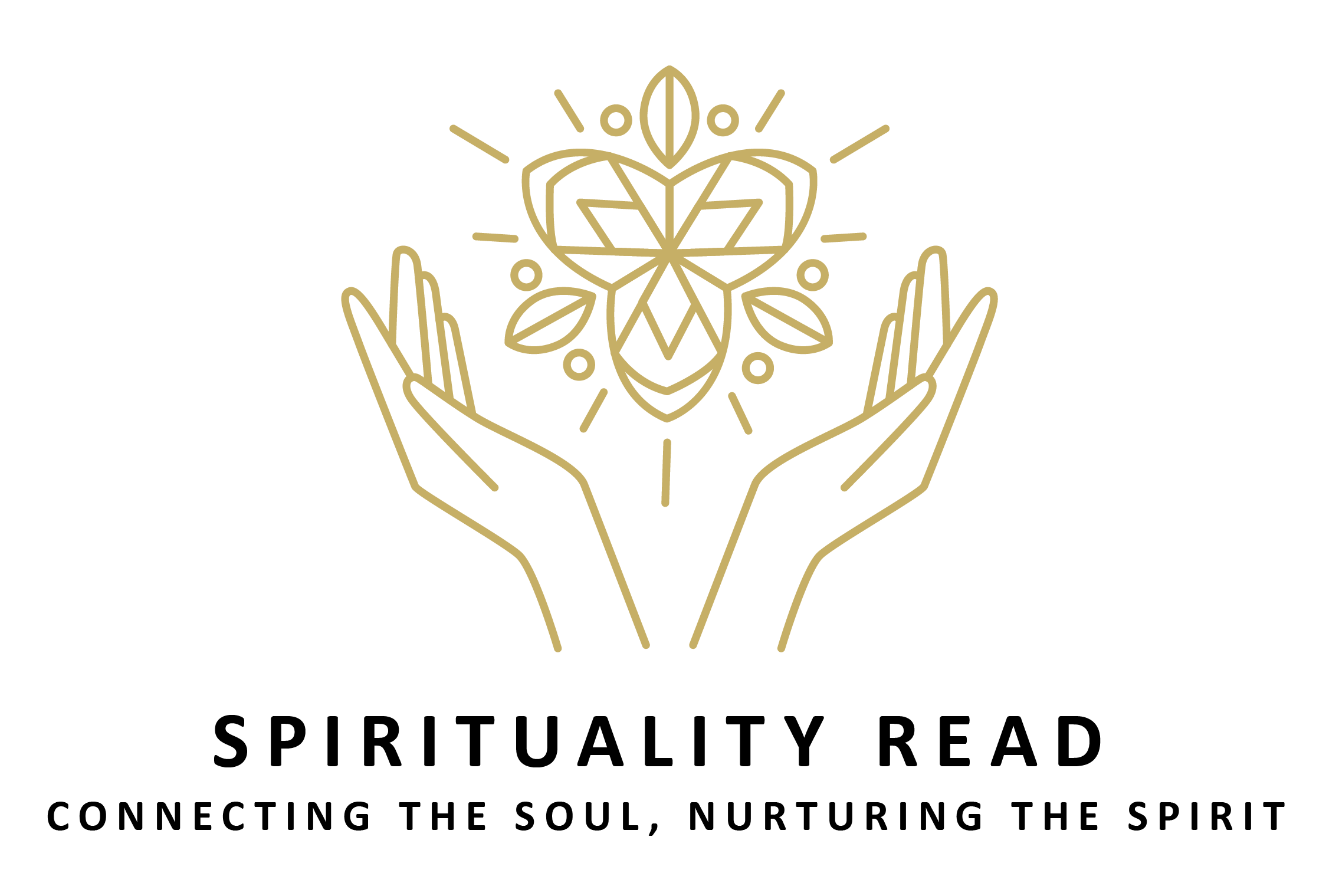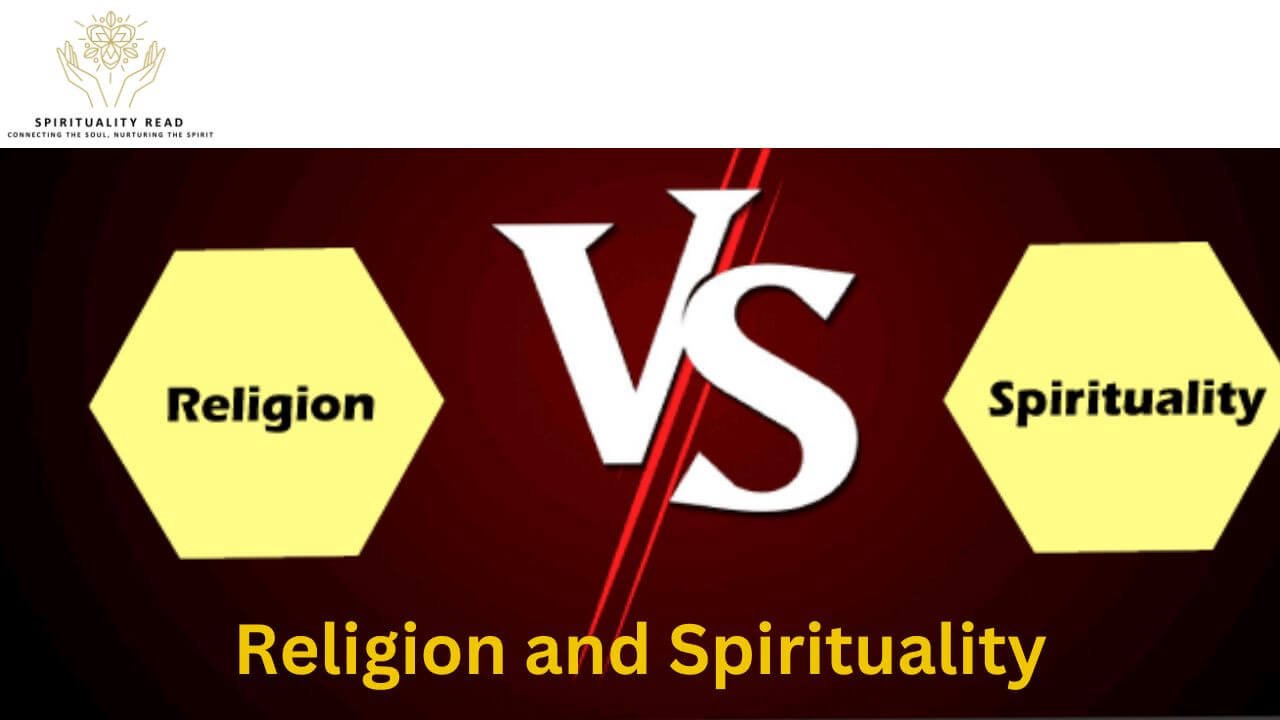Religion and spirituality are intricately woven threads of the human experience that have profoundly impacted societies and individuals throughout history. Although these terms are often used interchangeably, they represent distinct yet interconnected facets of humanity’s search for meaning, purpose, and a connection to the divine. In this article, we will explore the definitions, differences, and the profound interplay that exists between religion and spirituality.

Defining Religion and Spirituality
Religion
A Framework of Beliefs and Practices In its traditional sense, religion refers to organized systems of beliefs and practices that revolve around a deity or deities. It provides a structured framework through which adherents worship, engage in specific rituals, and uphold moral and ethical guidelines.
Religions often encompass established institutions, holy texts, and clergy who guide the faith community.
Spirituality
A Personal Journey of Connection On the other hand, spirituality is a more personal and individualized quest. It centers around the pursuit of a transcendent or divine experience, often outside the confines of organized religion.
Spirituality encompasses a wide spectrum of practices and beliefs, such as meditation, prayer, mindfulness, and the exploration of one’s inner self and consciousness.
Differences between Religion and Spirituality
Hierarchy vs. Autonomy
Religion is often characterized by hierarchies, authoritative structures, and organized institutions that dictate beliefs and practices. In contrast, spirituality promotes autonomy and personal exploration, allowing individuals to chart their unique paths to the divine.
Rituals vs. Introspection
Religion places significant emphasis on rituals, ceremonies, and communal worship, while spirituality encourages introspection, self-discovery, and a direct connection to the divine, often through meditation and contemplation.
Dogma vs. Flexibility
Religions tend to adhere to fixed dogmas and doctrines that must be followed, while spirituality offers flexibility, enabling individuals to adapt their beliefs and practices based on personal experiences and growth.
Major World Religions
Christianity
Christianity, with over two billion followers, is one of the world’s largest religions. It revolves around the life and teachings of Jesus Christ, emphasizing love, compassion, and the promise of salvation.
Islam
Islam, with over a billion adherents, follows the teachings of the Prophet Muhammad. It emphasizes submission to the will of Allah and the importance of prayer, charity, and pilgrimage.
Hinduism
Hinduism is a diverse faith with millions of devotees. It encompasses various beliefs, practices, and rituals, including karma, reincarnation, and devotion to deities.
Buddhism
Founded by Siddhartha Gautama (Buddha), Buddhism emphasizes the path to enlightenment through meditation, wisdom, and compassion.
Judaism
Judaism, one of the oldest monotheistic religions, is deeply rooted in the covenant between God and the Jewish people, expressed through a rich tradition of laws and rituals.
Spirituality Across Cultures
Native American Spirituality
Native American spirituality is deeply intertwined with nature and highlights the harmony between humans and the environment.
African Spirituality
African spirituality is diverse, with unique practices and beliefs across different regions and tribes, often involving ancestor worship and the veneration of spirits.
Eastern Spirituality
Eastern spirituality, which includes practices like yoga and meditation, is focused on achieving spiritual enlightenment and self-realization.
The Interplay of Religion and Spirituality
Complementary Nature
Religion and spirituality are not mutually exclusive; they often complement each other. Many religious individuals incorporate elements of spirituality into their faith, seeking personal connections with the divine alongside adhering to organized religious practices.
Evolution of Spirituality within Religions
Religious traditions can evolve to accommodate spiritual needs. For example, within Christianity, the contemplative and mystical traditions provide opportunities for individuals to delve into spirituality while remaining within the framework of organized religion.
Religion and Spirituality Common Goals
Religion and Spirituality Meaning and Purpose
Both religion and spirituality share the common goal of providing individuals with a sense of meaning and purpose in life. They offer answers to profound existential questions and address the human yearning for something greater than the self.
Religion and Spirituality Moral and Ethical Framework
Religion and spirituality often guide individuals in establishing moral and ethical frameworks for their lives. They provide guidelines on how to live virtuously and treat others with compassion and respect.
The Role of Religion and Spirituality in Modern Society
Religion in a Secular World
In contemporary, increasingly secular societies, organized religion faces challenges as more individuals explore spirituality outside traditional religious institutions. Nevertheless, many people still find solace and community within religious congregations.
Spirituality in a Diverse World
Spirituality has gained prominence in diverse and interconnected societies. People from various cultural backgrounds often incorporate spiritual practices into their lives, seeking a universal sense of connection and meaning.
Conclusion
Religion and Spirituality, one discovers a vast tapestry of beliefs and practices that provide a profound path to self-discovery and inner peace. This realm offers individuals the opportunity to explore their spirituality, connect with the sacred, and seek answers to life’s most profound questions. It is a journey that transcends boundaries, inviting everyone to explore the depths of their own beliefs and find a deeper connection with the divine.
Also Read: What Does 333 Mean in Spirituality?
FAQs
Are religion and spirituality the same thing?
No, they are distinct concepts. Religion involves organized belief systems, while spirituality is a personal connection to the divine.
How can spirituality benefit my mental health?
Spirituality can offer comfort, hope, and a sense of purpose, positively impacting mental well-being.
What is the role of religion in promoting morality?
Religions provide moral guidelines that influence personal behavior and societal norms.
Why is interfaith dialogue important?
Interfaith dialogue promotes understanding and peace among different religious communities.

